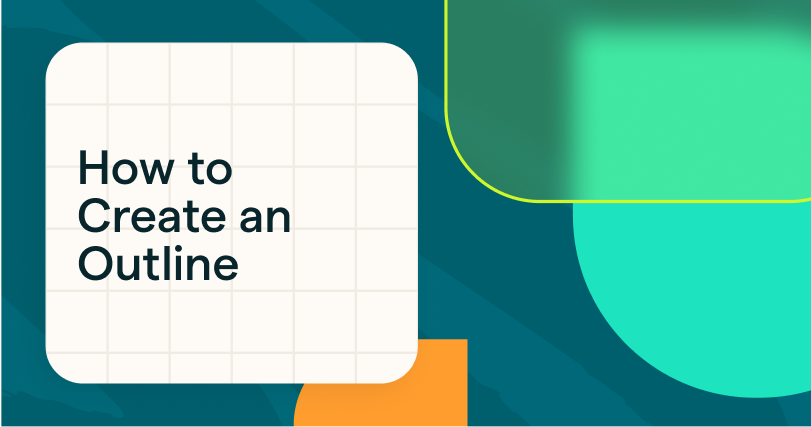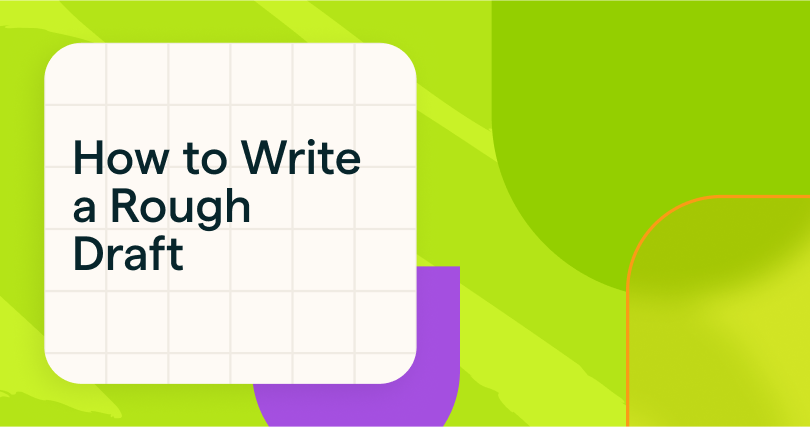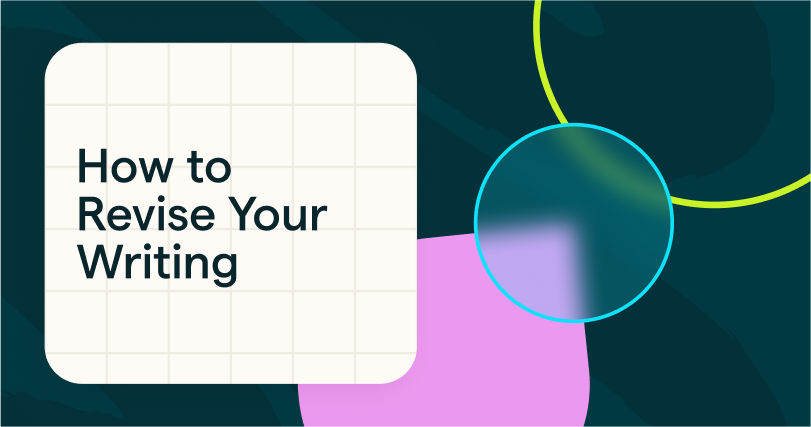What is the writing process? A complete guide
The writing process is a step-by-step approach that helps you turn your ideas into well-organized, impactful writing. Learn how to use brainstorming, outlining, drafting, revising, and proofreading to make your writing easier and more effective.
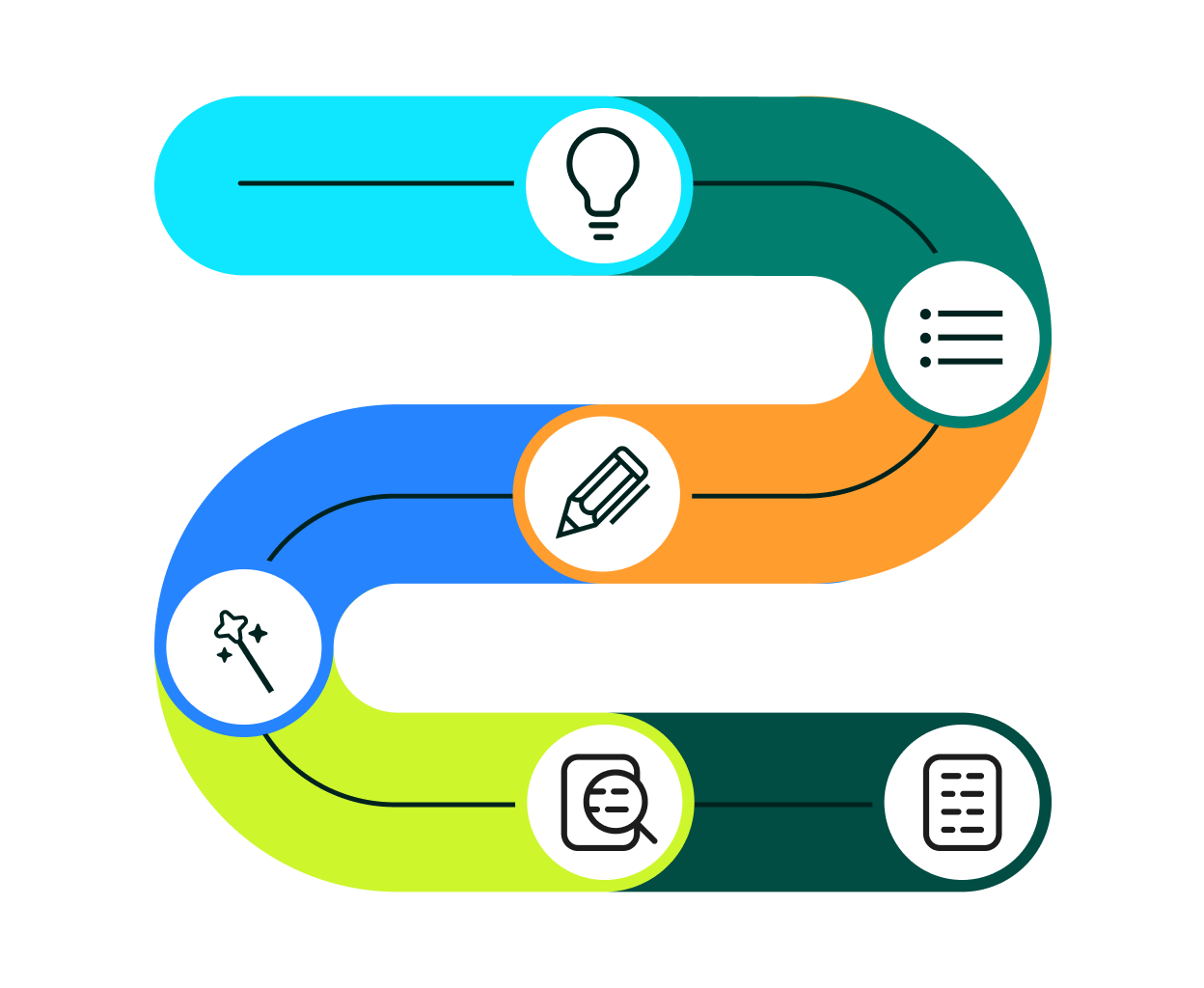





What are the 5 stages of the writing process?
The five stages of the writing process are brainstorming, outlining, writing a rough draft, revising, and proofreading. Each one builds on the last to shape your ideas into organized, polished writing. This step-by-step approach makes it easier to create your best work.
Brainstorming
Brainstorming entails generating ideas before writing begins. It’s your opportunity to explore different angles, gather inspiration, and start uncovering what you really want to say. There are many ways to brainstorm. Whether you jot down a list, draw a mind map, or freewrite without stopping, the goal is to open up possibilities without worrying about structure or quality just yet.
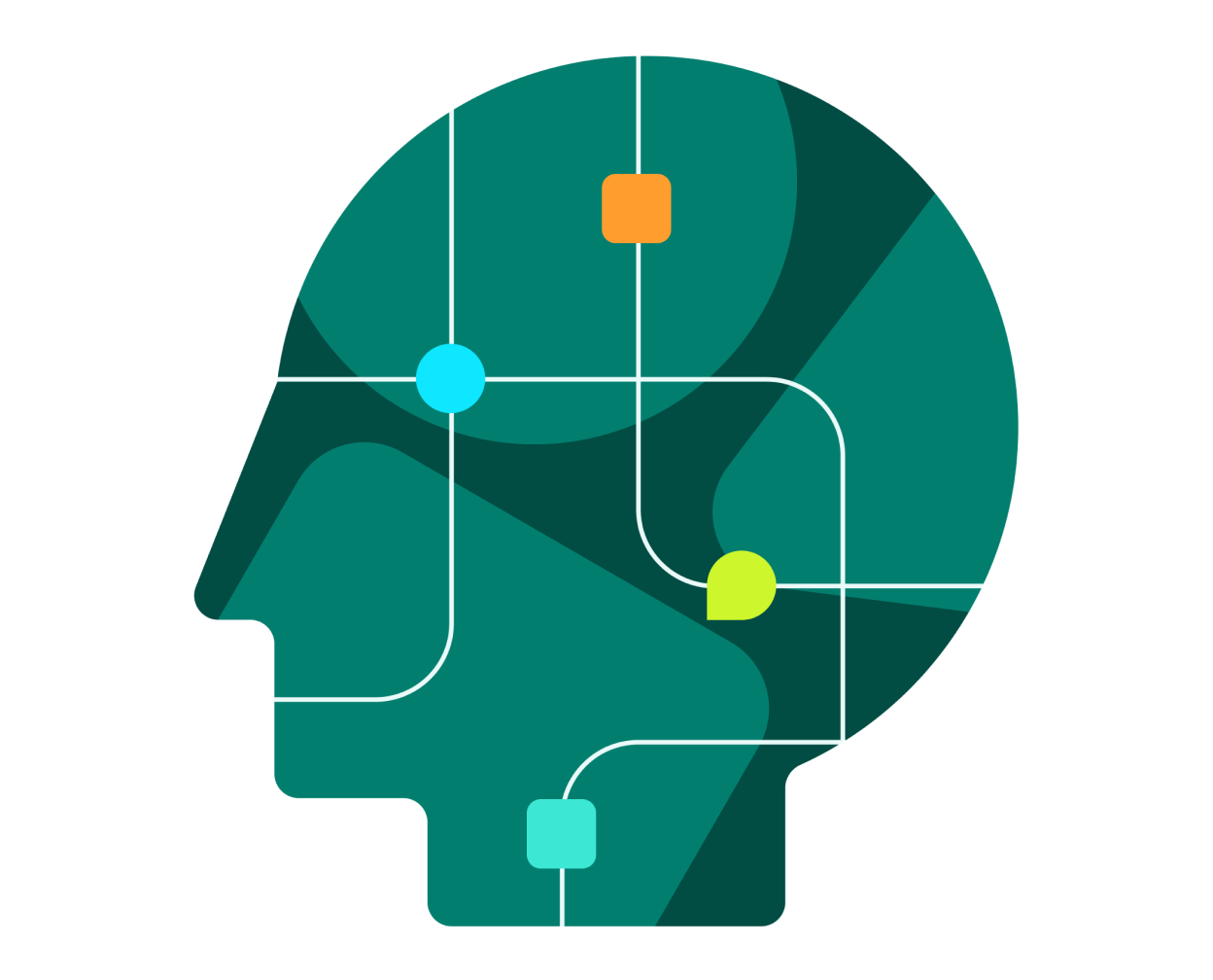

Outlining
Outlining is the act of organizing your ideas into a clear, logical structure. This step helps you decide what belongs where—laying out your introduction, key points, evidence, and conclusion in a way that makes sense. Choosing the right type of outline for your project creates a roadmap that keeps your writing on track and your message focused.
Writing a rough draft
A rough draft is the first version of your piece written with complete sentences and paragraphs. It doesn’t have to be polished—this is where you get your thoughts down without worrying too much about wording or mechanics. The goal is to create a complete version of your piece that you can improve and refine later.
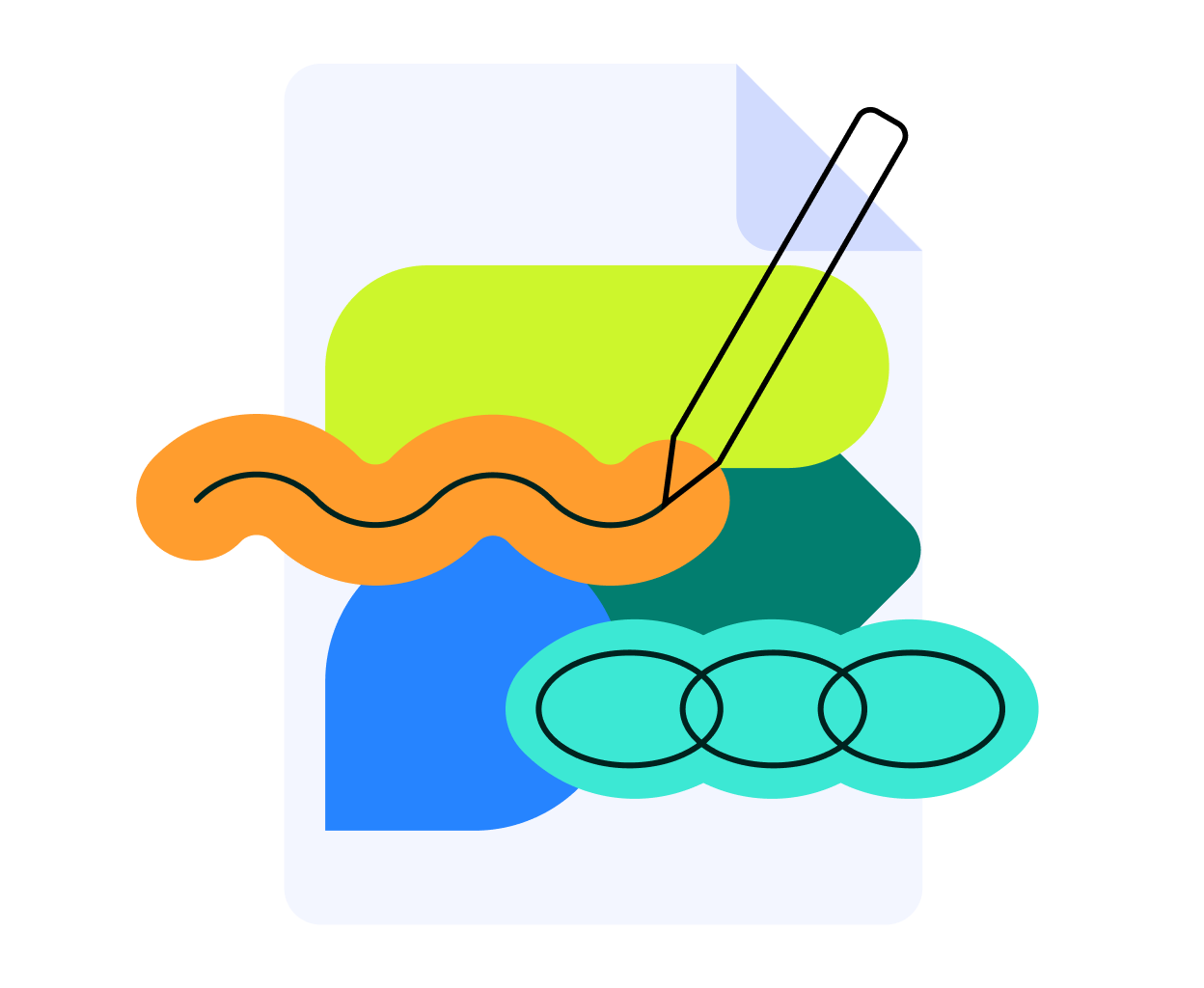
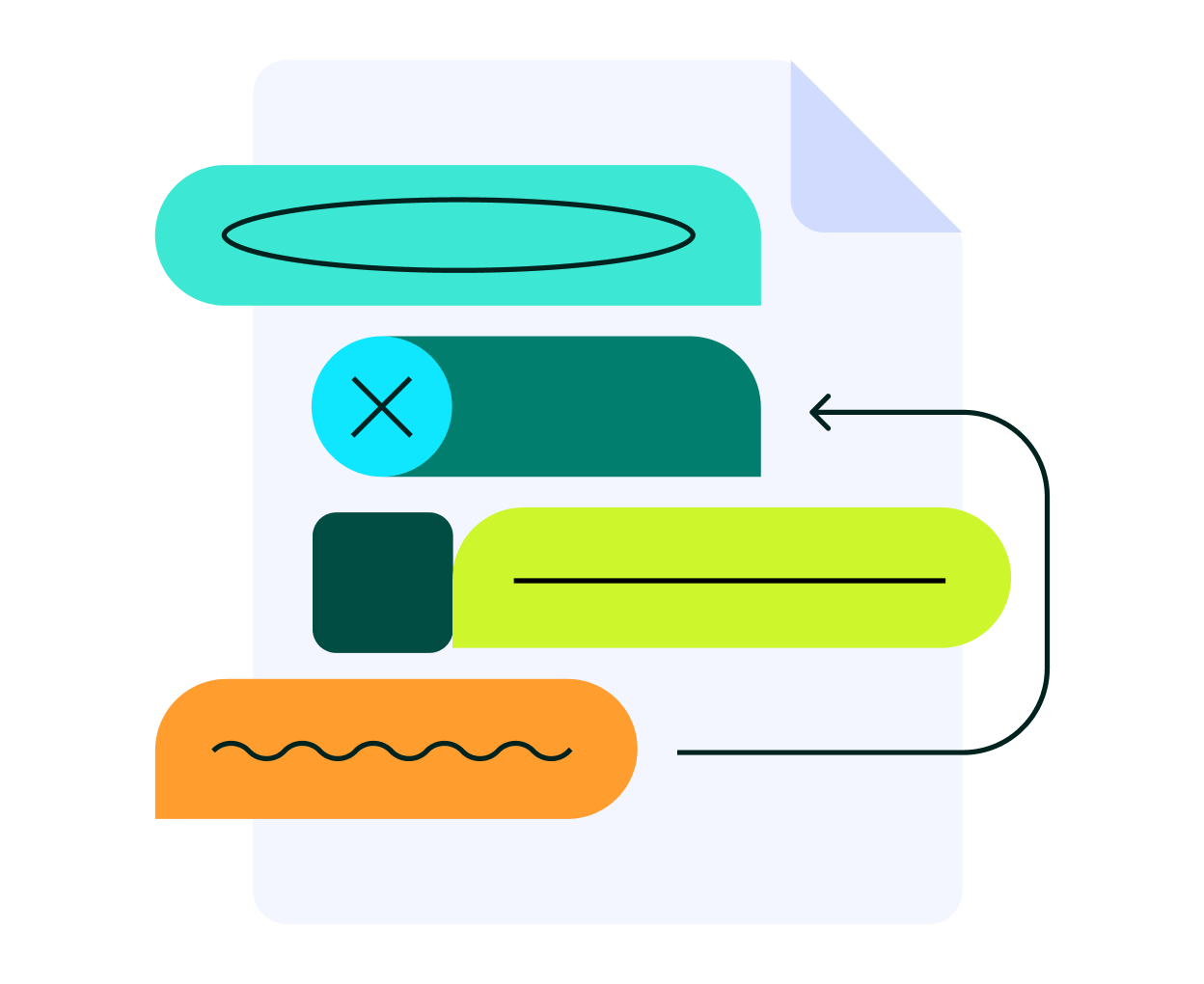
Revising
Revising is the process of reworking your draft to improve clarity, flow, and impact. This stage involves making big-picture changes to your content—reordering ideas, rewriting unclear sections, strengthening transitions, and ensuring everything supports your main message. It’s where good writing becomes great writing.
Proofreading
Proofreading is the final review to catch grammar, spelling, punctuation, and formatting mistakes. Unlike revising, this step focuses on sentence-level mistakes and fine-tuning details to ensure your work is polished and professional. A careful proofread helps your writing make the best possible impression on your reader.
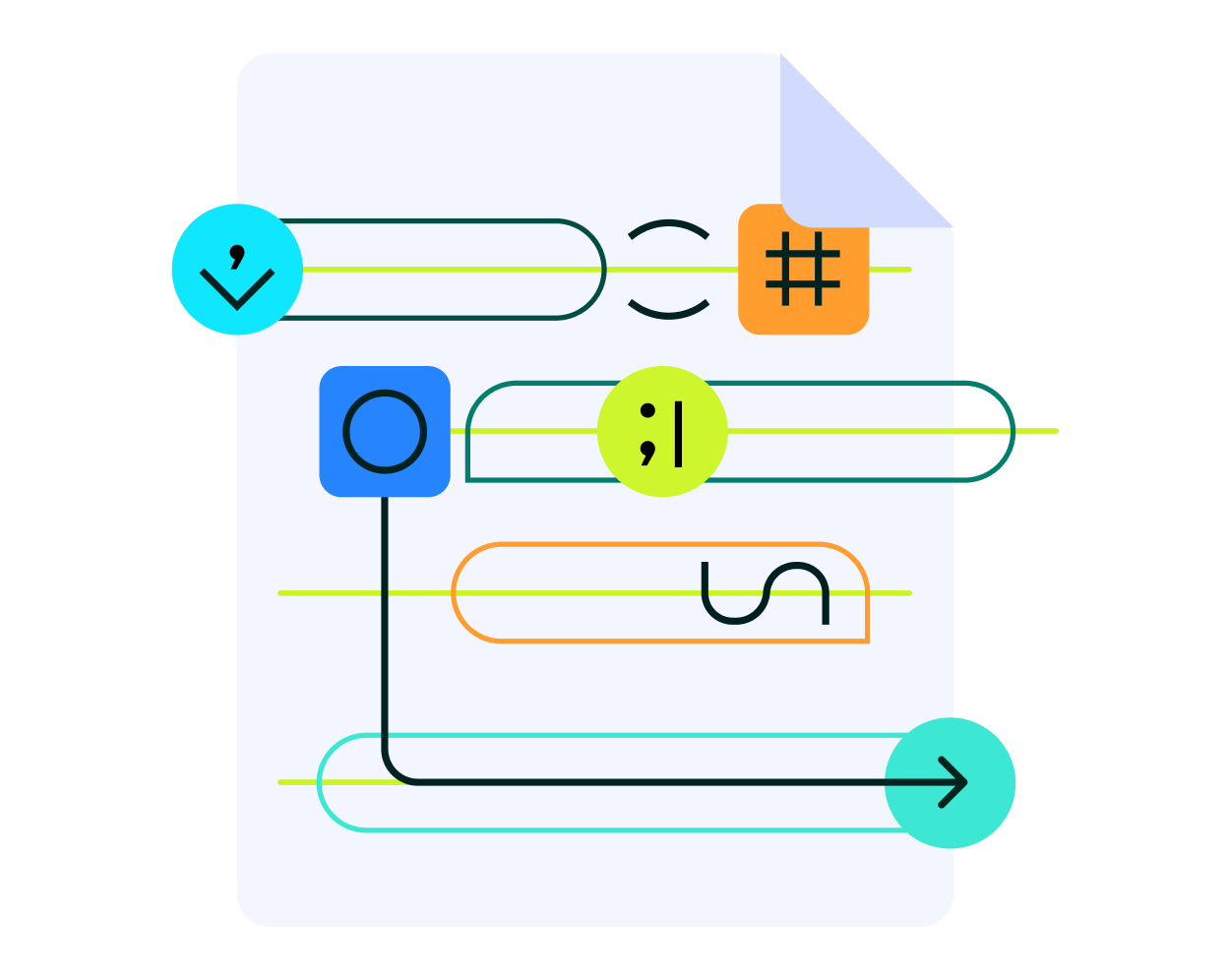
Write smarter at every stage with Grammarly’s AI
Unblock creative flow
Jump-start your writing with ideas that help you think freely and narrow your focus.
Grammarly's AI brainstorms a list of topics based on a user's prompt.
Organize your
thoughts fast
Turn your ideas into a clear outline in a click so you can focus on what you want to say and save time on organization.
Grammarly drafts an outline based on a user's topic.
Stay focused as you write
Get real-time support to express your thoughts clearly and stay in flow while bringing your draft to life.
Video of Grammarly's AI generating an introductory paragraph
Make your message resonate
Revise with AI-powered suggestions that clarify your points and tailor your message for your audience.
Reader Reactions _ Resume _ Product example
Polish your final draft
Spot grammar, spelling, and punctuation issues quickly so your writing is clean, clear, and ready to share.
A user using the Grammarly proofreader agent to update a paper
Unblock creative flow
Jump-start your writing with ideas that help you think freely and narrow your focus.
Grammarly's AI brainstorms a list of topics based on a user's prompt.
Organize your
thoughts fast
Turn your ideas into a clear outline in a click so you can focus on what you want to say and save time on organization.
Grammarly drafts an outline based on a user's topic.
Stay focused as you write
Get real-time support to express your thoughts clearly and stay in flow while bringing your draft to life.
Video of Grammarly's AI generating an introductory paragraph
Make your message resonate
Revise with AI-powered suggestions that clarify your points and tailor your message for your audience.
Reader Reactions _ Resume _ Product example
Polish your final draft
Spot grammar, spelling, and punctuation issues quickly so your writing is clean, clear, and ready to share.
A user using the Grammarly proofreader agent to update a paper
AI that supports you without replacing you
With Grammarly, how and when you use AI is always up to you. Our AI agents work only when you engage them, and you’re always in charge of changes, so your voice and ideas remain at the center of your work—and you continue to grow as a writer.
Learn more
Learn more

Docs: Your thinking space and writing space, finally in one place
Docs is your dedicated writing surface for deep work. It’s a powerful AI document editor that supports your process from first thought to final draft, turning ideas into polished writing with real-time support at every step.
Learn more about docs
Learn more about docs
A user using Docs to access Grammarly agents
Why people love Grammarly
“Grammarly has honestly changed the way I write. It’s not just a grammar checker — it’s like having a personal writing coach that helps me sound clearer, more confident, and more intentional with every word. It helps me write like the best version of myself — professional when I need to be, casual when I want to be, and always polished. ”
Charan Sai
Client Delivery Engineer, Temenos
“Grammarly has become more than just a writing assistant for me; it's a core part of how I communicate professionally. It supports every stage of my writing process, from drafting initial thoughts to refining the final message. Whether I’m writing an important customer email, internal update, or LinkedIn post, Grammarly helps me strike the right tone, maintain clarity, and stay consistent in style.”
Lee O'Brien-Riley
Senior Account Executive, HackerOne
More writing process resources
From step-by-step guides to helpful tools, here’s the support you need for every stage of the writing process.
Frequently asked questions
What is the writing process?
The writing process is a step-by-step approach that helps you turn your ideas into well-organized, impactful writing. It typically includes stages like brainstorming, outlining, writing a rough draft, revising, and editing. Each phase serves a specific purpose to help you create focused, cohesive, and effective writing.
What are the stages of the writing process?
While models differ slightly, most sources agree on five core steps:
- Prewriting (brainstorming and research)—generate ideas and define your purpose.
- Outlining—organize your ideas into a coherent structure.
- Drafting (rough draft)—write the first version of your piece with complete sentences and paragraphs.
- Revising—reshape your content and structure to improve clarity and impact. Focus on big-picture changes.
- Proofreading—fix grammar, spelling, punctuation, and formatting mistakes. This is the stage focused on the fine details.
Which step of the writing process is most important?
Every step of the writing process is important to your success. However, the early stages (prewriting / brainstorming and outlining) are especially critical as they lay the foundation for the project. Skipping these can lead to underdeveloped, disorganized, and poorly supported ideas.
What does it mean when people say the writing process is recursive?
When people say the writing process is recursive, they mean it’s not strictly linear. You don’t move through the steps just once in order. For example, you might revise your outline while drafting or return to brainstorming after receiving feedback. Recursiveness reflects how writing evolves, since each stage can inform and reshape the others.
How is revising different from proofreading in the writing process?
Revising focuses on the big picture: improving content, structure, clarity, tone, and overall idea framing. Proofreading is applied afterward and involves scanning for details like typos and grammar, punctuation, and formatting issues.
These two stages are separated in order to give writers a single point of focus for each. Trying to do both simultaneously can lead to overwhelm and cause you to miss important changes or small mistakes.
These two stages are separated in order to give writers a single point of focus for each. Trying to do both simultaneously can lead to overwhelm and cause you to miss important changes or small mistakes.
Is writing a process or a skill?
It’s both! The process helps guide writers to build content that is clear and coherent. As with any skill, writing can be learned and improved with practice, support, and thoughtful feedback. Together, these things help writers develop confidence, efficiency, and clarity in their work.
Stay in flow with AI assistance that works where you do
Grammarly works across 1 million+ apps and websites, so you can go from idea to final draft without copying, pasting, or breaking focus.



